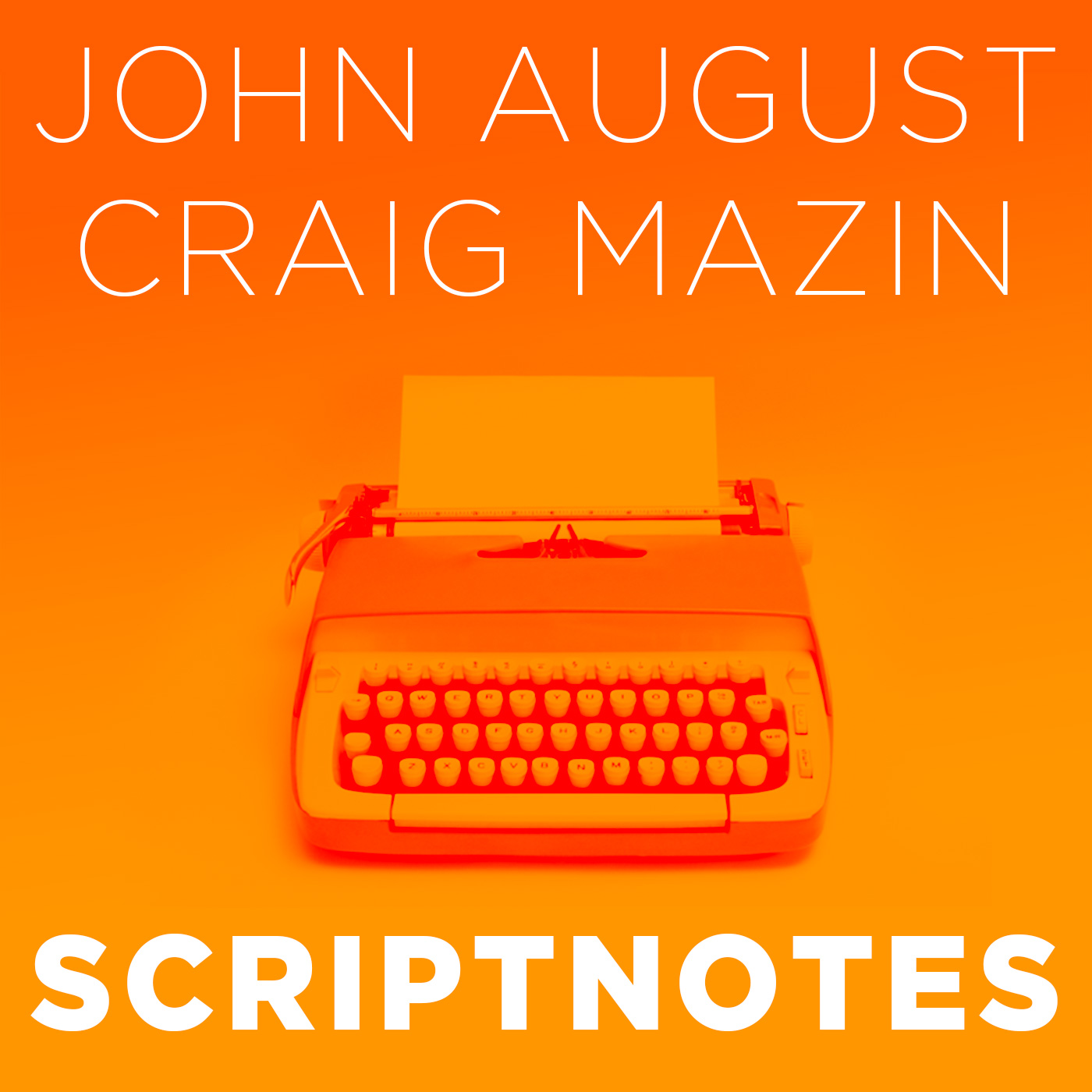
670 - Writing Across Mediums

Scriptnotes Podcast
Deep Dive
Why did Jordan Mechner initially switch from comics to video games?
Jordan switched to video games because, at age 13, he found that the new medium allowed him to create games with high-resolution graphics and smooth animation, making it seem achievable to reach a large audience, unlike his earlier attempts at making movies or comics.
What was John August's first successful screenplay?
John August's first successful screenplay was 'Go,' which had its 25th anniversary screening during the Austin Film Festival.
How did Erica Harrell and Desiree Proctor transition from television to video games?
Erica and Desiree transitioned to video games when Telltale Games, a company looking for female game developers with television experience, offered them the opportunity to work on games like 'The Walking Dead,' 'Game of Thrones,' and 'Guardians of the Galaxy: Story Mode.'
What is the biggest misconception about writing for video games?
The biggest misconception is that video games are solely about action and lack meaningful storytelling. In reality, games like 'The Walking Dead' have shown that player agency and choice can create deeply emotional and impactful narratives.
What is the 'core loop' in video game design, and how does it relate to episodic storytelling?
The 'core loop' in video game design refers to the fundamental gameplay mechanic that keeps players engaged. Similarly, in episodic storytelling, writers must ensure that each episode delivers a rewarding and surprising experience that meets audience expectations while surpassing them.
How does storytelling in video games differ from other mediums?
In video games, there are two stories: the story of the game universe and the story of the player's experience. When these intersect, emotional or surprising moments can occur during gameplay rather than in cutscenes, creating a unique interactive storytelling experience.
What is the role of the artist in comic book storytelling?
The artist in comic book storytelling acts as the director, cinematographer, set designer, and actor. They control the pacing, decide how to draw each panel, and can add emotional depth through facial expressions or body language that the writer may not explicitly describe.
What are the challenges of world-building in a multi-camera sitcom?
In a multi-camera sitcom, world-building is challenging because every word on the page must establish character, rhythm, and humor. Writers must balance creating a unique world while ensuring each line of dialogue is funny and character-driven.
Why is having a writing partner beneficial?
A writing partner helps prepare for rejection by providing constructive feedback and thickening one's skin. They also share the workload, offer outside perspectives, and ensure reliability, making the creative process more collaborative and productive.
How does John August approach collaboration with other creatives?
John August focuses on describing the desired outcome or feeling rather than dictating the method. For example, he might describe a scene as feeling like 'two beers in on a great July night' rather than specifying lighting or camera angles, allowing collaborators to bring their expertise to the project.
Shownotes Transcript
Live from the Austin Film Festival, John joins panelists Jordan Mechner (Prince of Persia) and Erica Harrell & Desirée Proctor (The Walking Dead: Saints & Sinners) for an in-depth discussion on working across movies, tv, comics, plays, videogames and VR.
Moderated by Evan Narcisse (Rise of the Black Panther), they discuss what led them to new mediums, the storytelling strengths each medium offers, and building a career that moves between them.
In our bonus segment for premium members, the panelists answer some video game specific questions, including how to stand out as a writer to the major game developers.
Scriptnotes audio provided courtesy of ©Austin Film Festival
Links:
- Austin Film Festival’s On Story)
- Writing Across Mediums panel) at the Austin Film Festival
- Evan Narcisse) on Bluesky)
- Jordan Mechner)
- Erica Harell)
- Desirée Proctor)
- Nuclear Power) by Desirée Proctor & Erica Harrell
- The Walking Dead: Saints & Sinners on Steam), Meta store) and Playstation)
- Prince of Persia games)
- Spy magazine)
- Get a Scriptnotes T-shirt!)
- Check out the Inneresting Newsletter)
- Gift a Scriptnotes Subscription) or treat yourself to a premium subscription!)
- Craig Mazin on Threads) and Instagram)
- John August on BlueSky), Threads), Instagram), and Mastodon)
- Outro) by Matthew Chilelli (send us yours!))
- Scriptnotes is produced by Drew Marquardt and edited by Matthew Chilelli).
Email us at [email protected]
You can download the episode here).